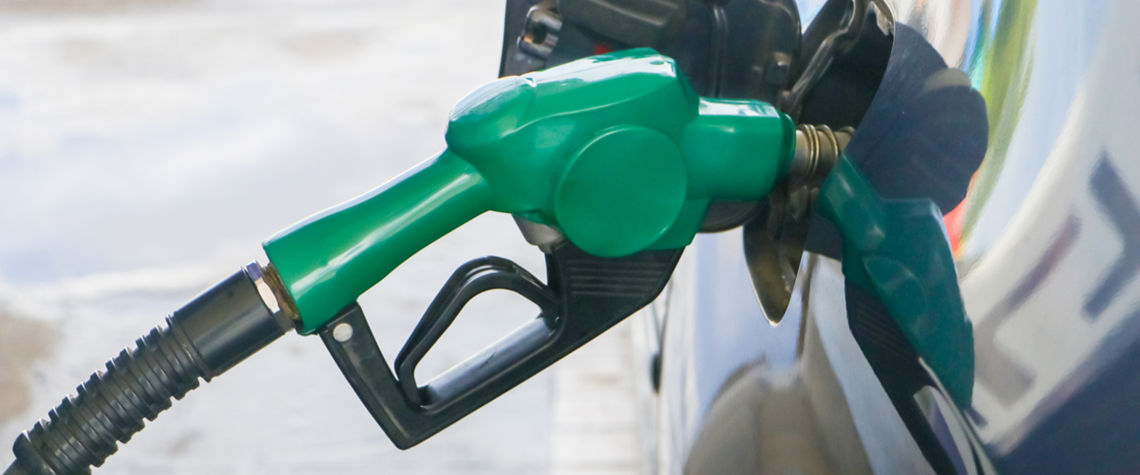GB road-fuel sales remain below pre-pandemic levels
The country’s gasoline and diesel volumes struggle to reach February 2020 demand
Sales of gasoline and diesel at sampled filling stations in England, Scotland and Wales averaged 15,100l/d in December, up by 9.5pc from the same month in 2020 (see Fig.1), according to the latest data from the UK’s Department for Business, Energy and Industrial Strategy (Beis). But demand remained in the 15,000-16,000l/d range that has been observed since April of last year—apart from September, when panic buying of fuel due to fears over shortages saw average daily sales jump to over 35,000l late in the month and dragged the monthly average above 18,000l/d. For all months without this rush to the pumps, demand remained lower than the c.17,700l/d observed in February 2020, the only full pre

Also in this section
7 August 2025
The quick, unified and decisive strategy to return all the barrels from the hefty tranche of cuts from the eight producers involved in voluntary curbs signals a shift and sets the tone for the path ahead
7 August 2025
Without US backing, the EU’s newest sanctions package against Russia—though not painless—is unlikely to have a significant impact on the country’s oil and gas revenues or its broader economy
6 August 2025
Diesel market disruptions have propelled crude prices above $100/bl twice in this century, and now oil teeters on the brink of another crude quality crisis
5 August 2025
After failed attempts to find a buyer for its stake in Russia’s largest oil producer, BP may be able to avoid the harsh treatment meted out to ExxonMobil and Shell when they exited—and could even restart operations if geopolitical conditions improve








